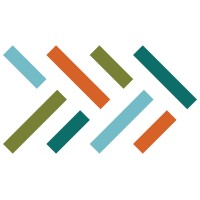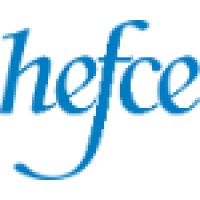
Kids Forward
Kids Forward is a statewide child and family policy advocacy organization that has operated in Wisconsin for 140 years. Kids Forward advocates for effective, long-lasting solutions that break down barriers to success for children and families in Wisconsin, notably children and families of color and those furthest from opportunity. Using research and a community-informed approach, Kids Forward strives for a Wisconsin where every kid, every family, and every community can thrive.






